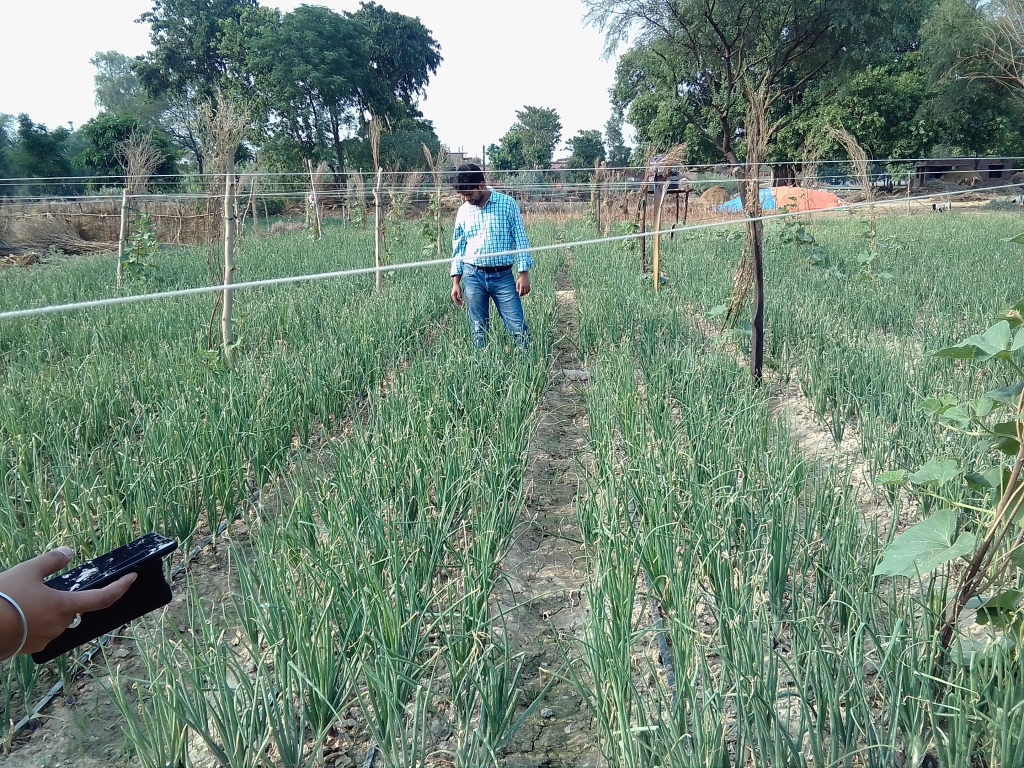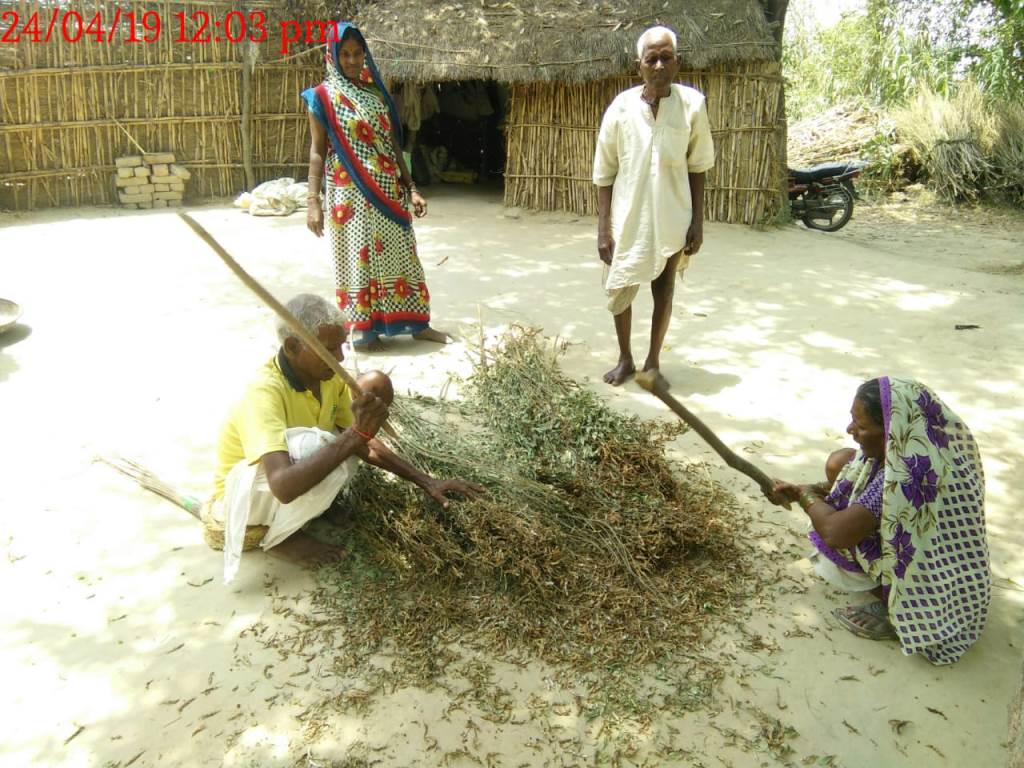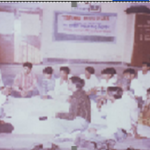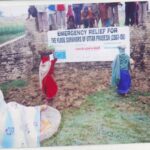Livelihood Enhancement Program Organized by Swabhiman Samiti
During the devastating floods, one of the most pressing issues faced by the affected community was the lack of livelihood opportunities. As the floodwaters destroyed homes and crops, many families found themselves without stable sources of income. To address this, Swabhiman Samiti, in collaboration with ActionAid India, launched a Livelihood Enhancement Program to help the flood-affected population regain economic stability and provide them with sustainable income sources.
- Objective of the Livelihood Enhancement Program:
The primary objective of the Livelihood Enhancement Program was to:
- Provide livelihood opportunities to the affected individuals, especially those with the capacity and desire to start small businesses.
- Ensure sustainable income sources for vulnerable populations in the 7 revenue villages that were hardest hit by the floods.
- Promote self-sufficiency by encouraging entrepreneurship and providing initial support for starting small-scale businesses.
- Program Implementation:
In collaboration with ActionAid India, Swabhiman Samiti supported 100 individuals from 7 revenue villages with the necessary resources and guidance to start their own businesses. The program included various types of livelihoods based on local needs and market potential.
2.1 Livelihood Opportunities Provided:
- 10 individuals were provided with resources and support to start buffalo rearing (bhains palan).
- 30 individuals were assisted in setting up grocery (kirana) shops to meet the basic needs of the community.
- 20 individuals were supported in starting pig farming (suar palan) as an alternative livelihood option.
- 25 individuals were provided with the means to start goat farming (bakri palan), which is a popular and feasible source of income in the region.
- 25 individuals were given the opportunity to start rickshaw-pulling businesses, providing an accessible livelihood option for people without land or farming opportunities.


- Impact of the Program:
The Livelihood Enhancement Program had several positive outcomes for the participants:
- Income Generation: The program provided an immediate source of income for flood-affected families, allowing them to support their households and recover from the economic losses caused by the floods.
- Sustainability: The businesses that were started under this program have the potential to grow and provide long-term income for the participants, making them less reliant on external aid.
- Empowerment: By providing the community with the resources and knowledge needed to run their businesses, the program empowered individuals, particularly women, to become financially independent and contribute to their family’s welfare.
- Diversified Livelihood Options: The variety of livelihoods provided—ranging from animal husbandry to small retail businesses—ensured that there were suitable options for people with different skills and resources.
- Conclusion:
The Livelihood Enhancement Program, supported by ActionAid India, was instrumental in helping 100 families from 7 flood-affected villages regain their economic footing after the 2007 floods. By providing financial support and practical assistance to start small businesses, the program not only addressed the immediate need for employment but also laid the foundation for sustainable income sources that could help these families rebuild their lives.
Swabhiman Samiti continues to focus on providing sustainable livelihood solutions and empowering vulnerable communities to enhance their resilience in the face of future disasters. This program has demonstrated the importance of entrepreneurship, community support, and capacity building as key factors in long-term recovery and development.






